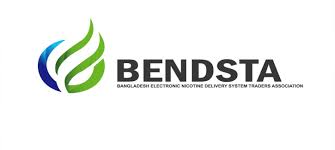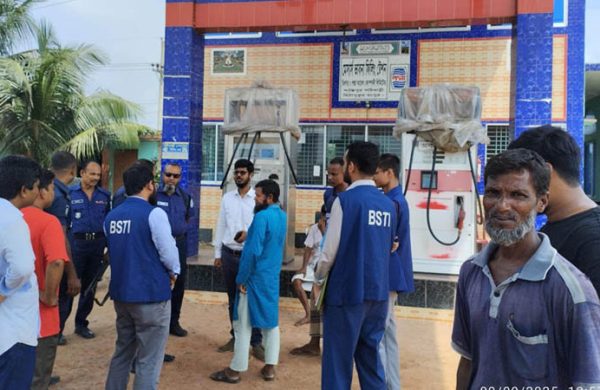BENDSTA calls for evidence-based review on e-cigarette import ban
- Update Time : Wednesday, December 18, 2024

TDS Desk:
The Bangladesh Electronic Nicotine Delivery System Traders Association (BENDSTA) has expressed deep concern over the government’s decision to prohibit the import of e-cigarettes and Electronic Nicotine Delivery Systems (ENDS).
This decision effectively bans the import of e-cigarettes in Bangladesh, eliminating access to a proven safer alternative for adult smokers seeking to quit combustible tobacco.
Highlighting international evidence, BENDSTA points to a landmark review by the UK Health Security Agency and the Office for Health Improvement and Disparities, which found that vaping is more than 95% less harmful than traditional smoking.
The association warns that banning these products risks driving current users back to smoking traditional cigarettes, which pose far greater risks to public health.
History and regional examples show that bans on vaping products do not eliminate their use but instead foster a thriving black market.
In India, a similar ban in 2019 led to an explosion of illicit trade in vaping products, undermining public health objectives and exposing users to unregulated, potentially hazardous products as quality standards aren’t met.
A 2023 study published in Preventive Medicine Reports revealed that despite India’s comprehensive ban, e-cigarettes remained accessible to young people, indicating the persistence of illicit markets.
This unregulated trade not only jeopardizes user safety but also leads to significant tax revenue losses for the government, according to Indian media reports.
The association emphasises that prohibition often fails to eliminate usage but instead creates parallel challenges, including the proliferation of counterfeit products.
The association urges the government to adopt a pragmatic, evidence-based approach to tobacco harm reduction (THR).
BENDSTA believes that sensible regulation, rather than outright bans, is essential to protecting public health and preventing the dangers associated with black-market products.
The association remains committed to collaborating with the government and stakeholders to establish a regulatory framework that ensures public safety while providing adult smokers with access to safer alternatives.
The BENDSTA calls for prioritising different strategies to reduce smoking rates and safeguard public health.



















